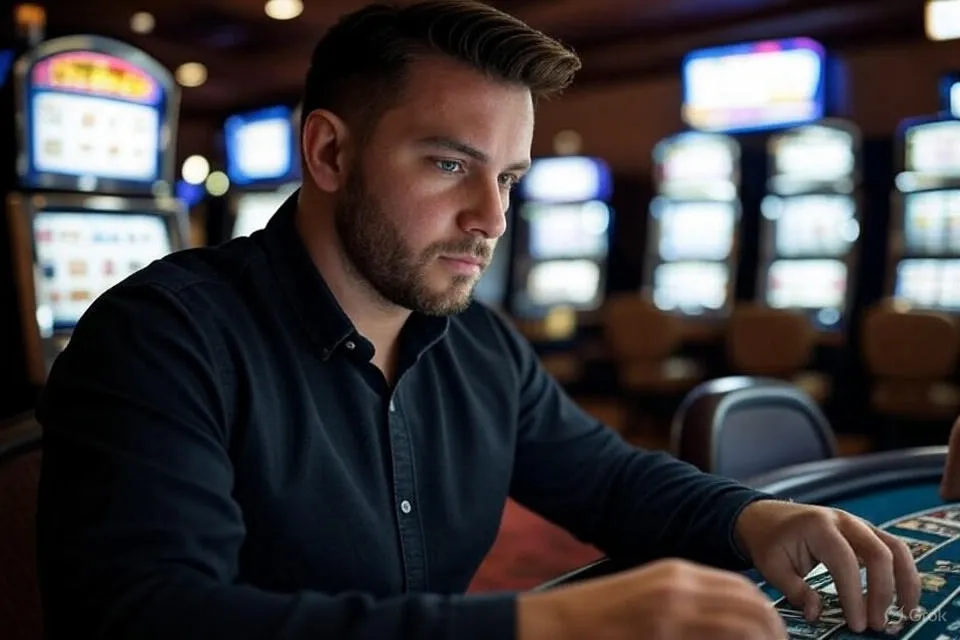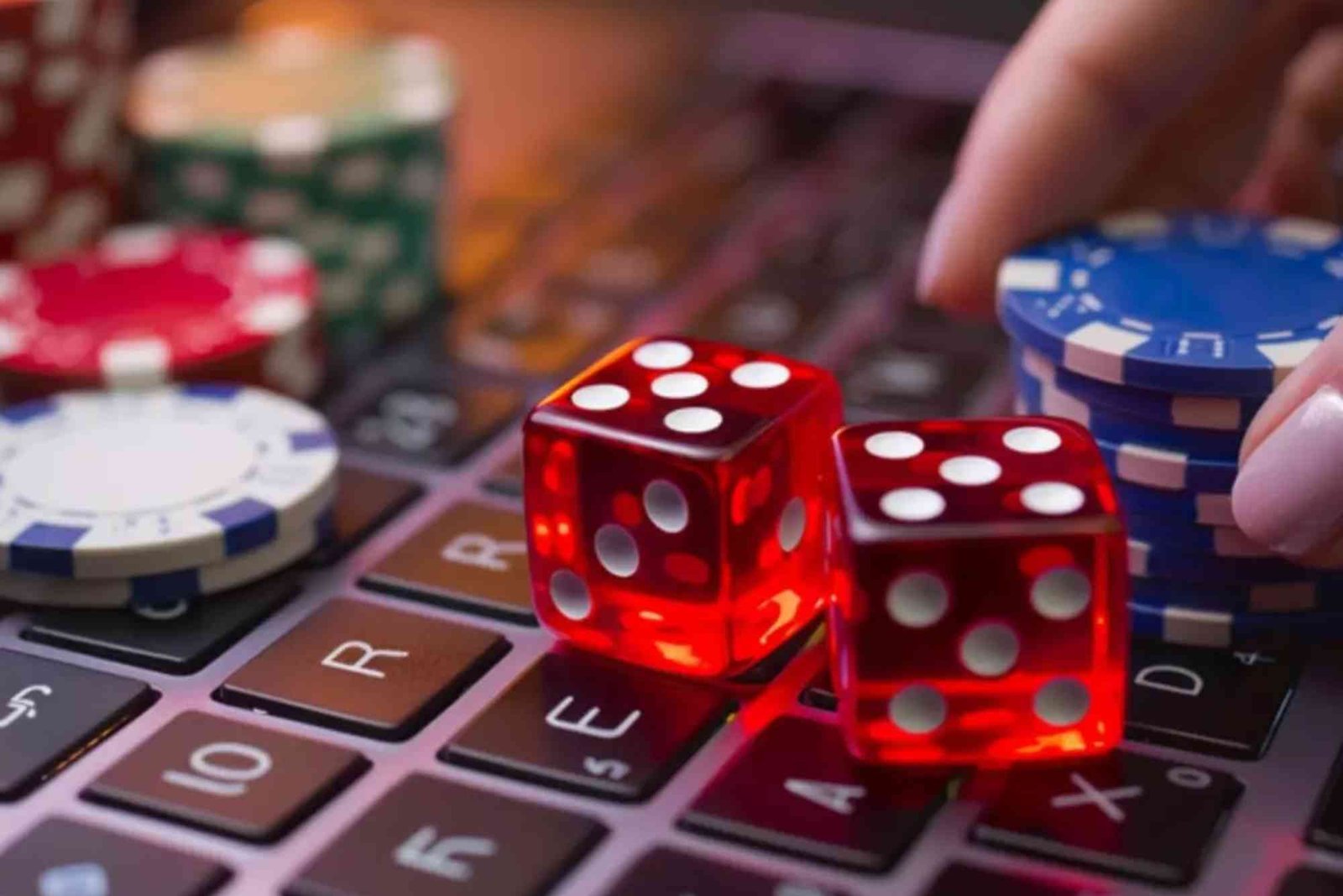Casinos have long been shrouded in a sense of mystery and psychological intrigue. One question that often comes up among players—both beginners and seasoned—is whether casinos actually watch and interpret your body language. Are the dealers, pit bosses, or security teams silently reading your facial expressions, posture, or gestures to gain an advantage over you? The answer is yes, but the reality behind this practice is more nuanced and fascinating than the common myths suggest.
In this article, I’ll dive into how and why casinos observe players’ body language, what they hope to learn, and how this impacts your gaming experience. I’ll also touch on the evolution of this practice in the digital world, especially in the context of online casinos no KYC, and what it means for privacy and trust. Whether you’re curious about the psychology behind casino surveillance or want tips on staying aware while playing, this article will offer you real-world insights.
Why Do Casinos Pay Attention to Body Language?
Casinos are in the business of managing risk and maximizing profit. While they rely heavily on mathematical odds and house edge, human behavior adds another layer of information that can be just as valuable. Observing players’ body language helps casino staff detect tells—unconscious cues that reveal whether a player is confident, nervous, bluffing, or possibly cheating.
For example, a poker dealer or pit boss might notice a player who suddenly stiffens or avoids eye contact when making a bet. These subtle signs can hint at bluffing or uncertainty. Surveillance teams may also watch for suspicious behaviors that suggest collusion or card marking. Over the years, casinos have trained their employees to read these nonverbal cues carefully, supplementing the electronic monitoring that covers the gaming floor.
It’s important to understand that this practice is not about invading personal privacy but rather about protecting the integrity of the games and ensuring fair play for everyone involved.
The Science Behind Reading Body Language in Casinos
Body language experts agree that a majority of human communication is nonverbal, making body language a powerful tool in social interactions—including gambling. Casinos capitalize on this by employing staff who understand these signals and can respond appropriately.
Skilled dealers and floor managers use their knowledge to size up players quickly. For instance, nervous gestures like fidgeting, sweating, or rapid blinking may suggest anxiety or bluffing, while relaxed posture and steady eye contact could signal confidence or a strong hand. These observations help the casino staff manage table dynamics and sometimes even influence the flow of the game subtly.
Interestingly, some players use deliberate body language techniques to mislead opponents, such as maintaining a poker face or using fake tells. This psychological “arms race” adds a fascinating dimension to casino gambling, where every movement can carry meaning.
How Body Language Awareness Applies to Online Casinos
You might wonder: if casinos rely on body language, what about online gambling, where physical presence is absent? The rise of online platforms, especially online casinos no KYC, has transformed the gaming landscape. While traditional body language cues aren’t accessible, some online casinos have developed alternative ways to observe player behavior, such as analyzing betting patterns, timing of actions, and mouse movements to detect unusual activity or potential cheating.
It’s also worth noting that online casinos no KYC platforms, which allow players to sign up and play without the typical identity verification process, raise new questions about privacy and security. Choosing trustworthy sites is critical, and ethical standards in publishing and gaming communities help guide players toward reliable options. For more on ethical standards and integrity.
Practical Examples: When Casinos Read Your Signals
I’ve spent time in several casinos around the world, and one thing is clear: the attention to body language is real but discreet. Dealers often keep a close watch on players at the table, especially in high-stakes games like poker or blackjack. I’ve seen dealers pause their dealing briefly when a player exhibits signs of nervousness or excitement, sometimes sharing quick glances with floor supervisors.
In one memorable poker game, a player’s shaky hands gave away a bluff just before a big bet. The dealer subtly alerted the floor staff, who then paid closer attention to the game flow. This kind of subtle reading isn’t about cheating players but rather ensuring fair play and spotting potential rule violations.
Even security cameras are often directed at capturing player behavior for the same reasons, but technology is increasingly supplemented by human insight, making the casino floor a finely tuned environment for reading nonverbal cues.
Tips for Players: Staying Aware Without Paranoia
Knowing that casinos watch body language might sound intimidating, but it shouldn’t ruin your enjoyment. Instead, awareness can empower you. Maintaining calm composure, controlling nervous habits, and avoiding obvious tells can make your play more effective. Some players even practice “neutral” body language or develop poker faces to keep opponents and casino staff guessing.
If you’re playing online, the best strategy is to be mindful of your betting patterns and timing. Avoid erratic bets or behaviors that might trigger scrutiny by the casino’s monitoring systems.
Remember, casinos have a vested interest in keeping games fair and players engaged. Reading body language is one tool among many, not a secret weapon against you.
The Future of Casino Surveillance and Player Privacy
As technology advances, the ways casinos monitor players continue to evolve. Artificial intelligence and facial recognition tools are beginning to play roles in detecting suspicious behavior, both in physical casinos and online platforms. While these innovations improve security, they also raise important questions about privacy.
For players, it’s important to choose reputable casinos—whether physical or online—and understand the policies regarding surveillance and data use. Ethical guidelines and organizations help ensure that casinos balance security with respect for player rights. Learning about these standards can help you make informed decisions about where and how you gamble.




